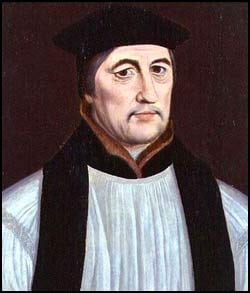
On this day in history, 25th April 1536, a day after the commissions of oyer and terminer had been set up by Thomas Audley, Lord Chancellor, King Henry VIII wrote letters to his ambassadors abroad: Richard Pate in Rome, and Stephen Gardiner and John Wallop in Paris. In these letters, he referred to Anne Boleyn as “our most dear and most entirely beloved wife the Queen” and wrote of his hope for a son:
“[…] for as much as there is great likelihood and appearance that God will send unto Us heirs male to succeed Us[…].”
As I said in my book, The Fall of Anne Boleyn: A Countdown, “If we did not know with hindsight that trouble was brewing then we would think that all was rosy with the royal couple, that Henry had high hopes for the future and had no intention of setting Anne aside.” However, historian John Schofield wonders whether “Henry’s choice of words suggest that he was anticipating a happy event that had yet to be publicly and formally announced” and whether “Henry was getting ahead of himself, his heart now fixed on his new dearly beloved”, Jane Seymour. Henry had, after all, reacted to Anne Boleyn’s recent miscarriage by saying “I see God will not give me male children”. Was this “great likelihood” of a son and heir due to the fact that Henry was going to replace the wife who had failed him in this matter with a new one? It’s impossible to say, but it is an interesting theory.
What do you think?
Also on this day in history, 25th April 1544, Queen Catherine Parr’s English translation of John Fisher’s Latin work Psalms or Prayers was published. Click here to read more.
Notes and Sources
- Letters to the ambassadors, catalogued in Letters and Papers, Foreign and Domestic, Henry VIII, Volume 10: January-June 1536, 725 and 726; letter to Pate published in full in State papers, published under the authority of His Majesty’s Commission. King Henry the Eighth, Volume 7, p.683-688 – see https://archive.org/
- Schofield, John (2008) The Rise and Fall of Thomas Cromwell: Henry VIII’s Most Faithful Servant, The History Press, p.120.
- Ridgway, Claire (2012) The Fall of Anne Boleyn: A Countdown, MadeGlobal Publishing.